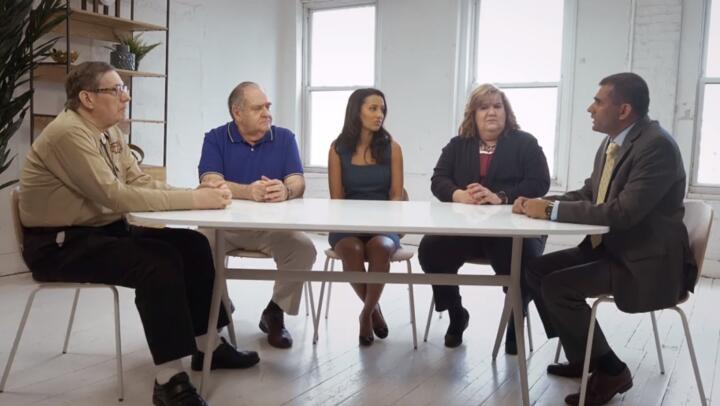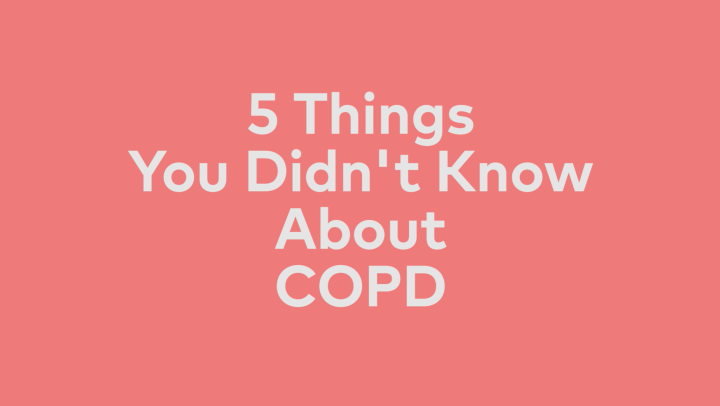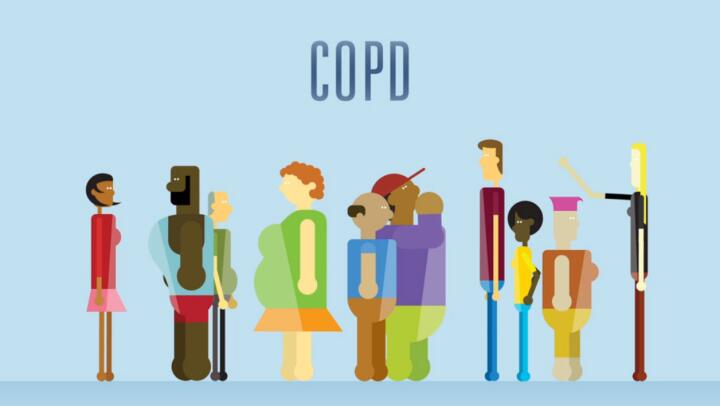Read on to learn more about recovery times for the types of bronchitis.
How long does acute bronchitis last?

The term “bronchitis” often refers to acute bronchitis, one of the most common types of bronchitis, which a
In many cases, acute bronchitis can result from viruses that lead to the common cold, the flu, or other conditions like COVID-19. In some instances, chemicals, dust, and allergens may also play a role.
OTC medications like cough or pain relievers may help relieve symptoms and make your recovery more tolerable. Contact your doctor if your symptoms worsen. Your symptoms may result from a condition other than a viral infection.
Learn more about when to see a doctor for bronchitis.
Prescription antiviral medications may help if a virus is the underlying cause. Antibiotics can’t treat viral infections, so they won’t help unless
How long does it take to recover from bacterial bronchitis?
Bacterial bronchitis, as the name implies, results from a bacterial infection rather than a virus. Similar to viral bronchitis, it may take a few weeks to recover.
Your treatment plan may include pain relievers and fever reducers like ibuprofen (Advil). Even though doctors can prescribe antibiotics to manage bacterial infections, they usually don’t recommend them for people without a bacterial infection.
Overuse of antibiotics can
If you receive a prescription for an antibiotic, try to take it as your doctor instructs.
How long does irritative bronchitis usually last?
If you experience regular exposure to industrial or environmental inhaled irritants, such as mineral dust or chemical fumes, you may experience irritative bronchitis. The bronchitis may be acute if short-term exposure to irritants causes it. Acute bronchitis may clear up in a few weeks, and reducing your exposure to the irritants can help.
However, bronchitis may become chronic due to long-term exposure to inhaled irritants and require long-term management.
Learn more about the difference between acute and chronic bronchitis.
If you experience exposure to irritants at work, wearing an air filtration mask may reduce how much you inhale, but you may still develop lung inflammation and bronchitis symptoms.
How long can it take to recover from asthmatic bronchitis?
Asthmatic bronchitis occurs when bronchitis develops in a person with asthma. Asthma is a chronic bronchitis risk factor, meaning your symptoms may last for months.
People with asthmatic bronchitis may require treatment for asthma and bronchitis. Your doctor may recommend:
- pain relievers
- bronchodilators
- corticosteroids
- medications that help break up mucus, making it easier to cough up
- oxygen therapy
- breathing exercises
- smoking cessation
Learn more about asthma and bronchitis.
How long does chronic bronchitis last?
In some cases, bronchitis can become chronic. The NHLBI defines chronic bronchitis as lasting for at least 3 months and recurring for at least 2 years consecutively.
Although respiratory illnesses and infections can cause chronic bronchitis, doctors can
Instead, recovery from chronic bronchitis revolves around managing the symptoms. Treatments include medications, oxygen therapy, and pulmonary rehabilitation to strengthen your lungs and improve breathing. Quitting smoking if you smoke or
You may experience improvement in a few weeks to a few months with ongoing, long-term symptom management for chronic bronchitis. Tell your doctor if your prescribed medication or therapy doesn’t improve your symptoms. A different medication or combination of therapies may work better for you.
Is bronchitis contagious?
Bronchitis may be contagious if it develops from a microorganism that can transmit to people, such as bacteria or a virus. You can
Summary
The time it takes to recover from bronchitis can vary, depending on if it’s acute or chronic. Acute bronchitis may clear up in a few weeks on its own, while chronic bronchitis symptoms can last for months and require long-term management.
Talk with your doctor about ways to manage bronchitis and prevent recurrences.
















